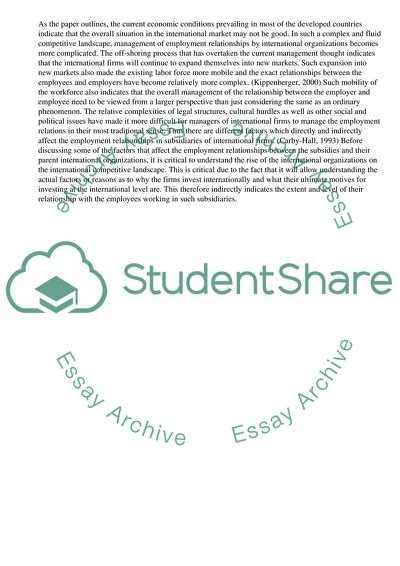Cite this document
(Factors that Influence the Management of Employment Relations in Term Paper, n.d.)
Factors that Influence the Management of Employment Relations in Term Paper. Retrieved from https://studentshare.org/management/1736036-critically-assess-the-main-factors-that-influence-the-management-of-employment-relations-in-subsidiaries-of-multinational-companies
Factors that Influence the Management of Employment Relations in Term Paper. Retrieved from https://studentshare.org/management/1736036-critically-assess-the-main-factors-that-influence-the-management-of-employment-relations-in-subsidiaries-of-multinational-companies
(Factors That Influence the Management of Employment Relations in Term Paper)
Factors That Influence the Management of Employment Relations in Term Paper. https://studentshare.org/management/1736036-critically-assess-the-main-factors-that-influence-the-management-of-employment-relations-in-subsidiaries-of-multinational-companies.
Factors That Influence the Management of Employment Relations in Term Paper. https://studentshare.org/management/1736036-critically-assess-the-main-factors-that-influence-the-management-of-employment-relations-in-subsidiaries-of-multinational-companies.
“Factors That Influence the Management of Employment Relations in Term Paper”, n.d. https://studentshare.org/management/1736036-critically-assess-the-main-factors-that-influence-the-management-of-employment-relations-in-subsidiaries-of-multinational-companies.


